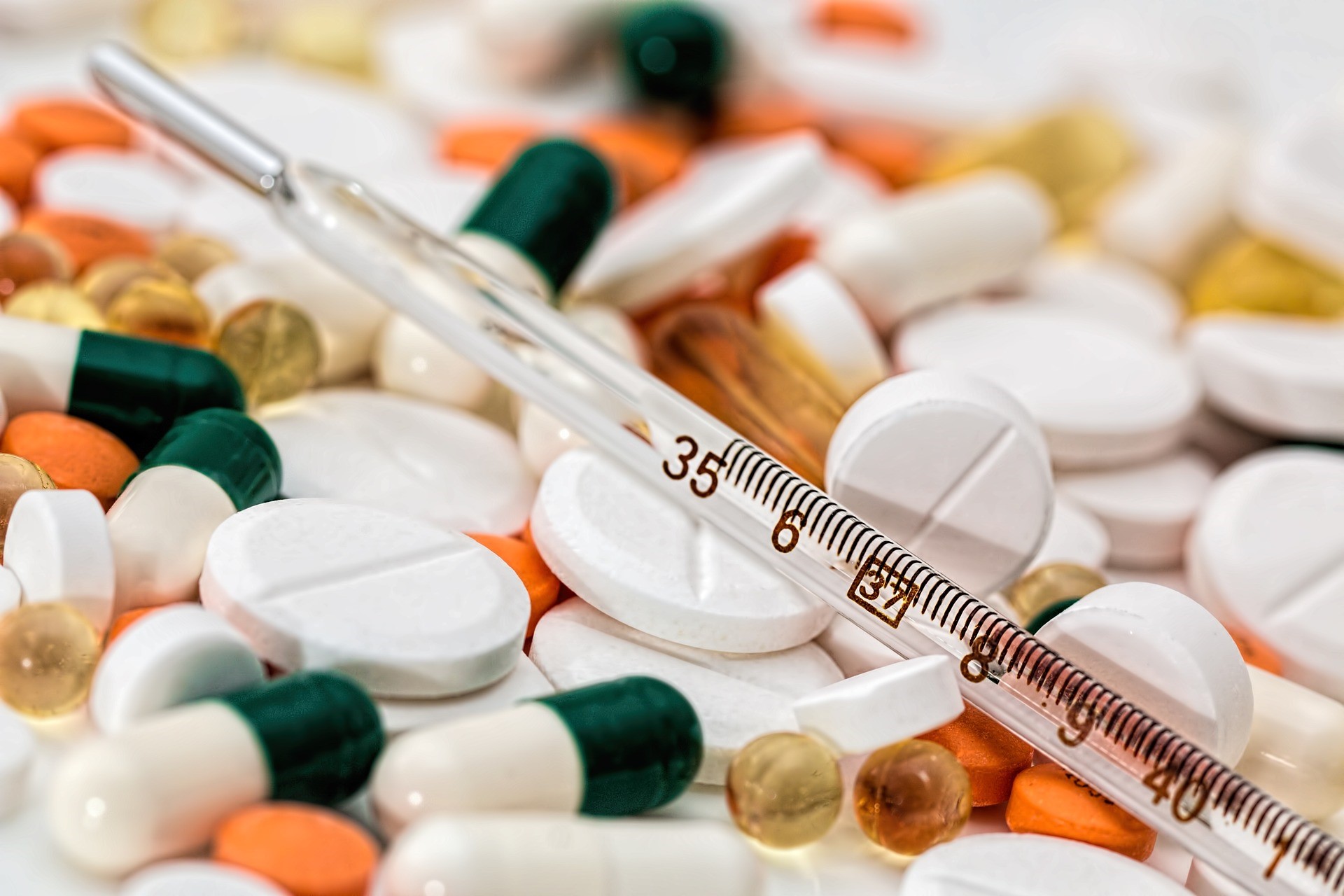by: Caleb Anderson
Opioids are considered everything from prescription pain relievers including hydrocodone, morphine, codeine, and oxycodone, as well as the illegal drug heroin. Drug overdose is the leading accidental cause of death In the United States and opioid addiction tops the list, with 20,101 deaths related to prescription pain relievers, and 12,990 deaths related to heroin in 2015.
Getting into treatment is the first step toward living a normal and healthy life, but there are also some measures you can take on your own to ensure you’re healing your mind as well as your body.
Eliminate Stress The Natural Way
Stress and depression can lead to relapse, which is why it’s crucial that a recovery survivor take extra measures to ensure he/she is taking care of themselves from a physical and mental perspective. Here are some suggestions that can be easily incorporated into everyday life.
- Exercise: While the gym is great, the combination of exercise and nature can have an even greater effect on your mental health. The combination of the sun (a great source of crucial vitamin D) and fresh air can have mood-boosting benefits. Depending on where you live, go for a hike in the woods or mountains, jog along the beach, take up a snow-related sport like cross-country skiing, if the weather permits it. Anything goes — even a simple bike ride in your neighborhood or a stroll throughout the city you live in is great for mental health.
- Take up a new hobby, or revisit an old one: It’s not uncommon for someone with an addiction to forgo personal interests, so there’s never been a better time than the recovery period to revisit old interests or discover a new one. Activities such as reading, art projects/crafting, gardening and cooking are both meditative and rewarding.
- Spend time with your pet: There’s a reason why organizations bring animals into a hospital or nursing home environment: pet therapy. Scientists have found evidence that shows that animals can improve mental health — particularly those going through a tough time. Pets tend to have a calming effect on their owners, so they’re great four-legged stress-busters. In fact, pet-owners tend to have lower blood pressure and heart rate, thus decreasing their risk for heart disease.
- Meditate: Whether it’s yoga or taking some time for self-reflection with a guided app or YouTube channel, start or end your day with a few moments of peace. Meditation has numerous benefits, but it could be even more valuable for an addiction survivor because it can improve emotional stability, decrease anxiety, help with focus and peace of mind, and, of course, aid in stress relief.
From a physical health standpoint, it can lower blood pressure, increase energy levels and serotonin production (responsible for positive mood and behavior), and decrease any pain that may be related to tension or stress. Lastly, meditation can have spiritual benefits to include allowing for an increase in open-mindedness and creativity. Tapping into your intuition and consciousness can help a recovery survivor envision a happier future.
- Eat to beat stress: It goes without saying that junk food isn’t going to help you feel on top of your game. Well-balanced diet aside, there are some specific foods and beverages such as asparagus, avocados, berries, grass-fed beef, tea (green and chamomile), cashews, oatmeal, oranges, walnuts, chocolate, and oysters that contain vitamins and minerals that are essential for keeping stress at bay. Motivate yourself to eat healthfully by trying out a new recipe — mental health experts consider cooking an effective stress-relieving activity.
Remember that a relapse is not a failure. Along with self-care, possible therapy and medications to relieve withdrawal symptoms, you should continue to practice the coping strategies you learned in rehab and speak with your counselor and/or support group in order to get back on track. Identify your relapse triggers and forgive yourself for making mistakes. Overcoming an addiction is not an easy battle, but it’s definitely one that’s worthwhile.
Caleb Anderson developed an opiate addiction after being in a car accident. He’s in recovery today and wants to inspire others to overcome their addictions.
Photo Credit: Pixabay
 Copyright secured by Digiprove © 2018 Linda Girgis, MD, FAAFP
Copyright secured by Digiprove © 2018 Linda Girgis, MD, FAAFP



Thank you Mike for being on top of this!